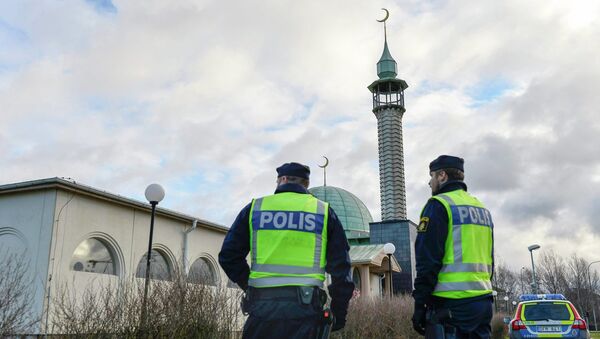"We see individuals returning home and contacting young people. There is a kind of logistics, a network in Sweden recruiting youths, and it goes on all the time," SÄPO chief Anders Thornberg told Swedish Radio.
SÄPO noted a steady increase in the number of extremists who support terrorism.
"There are more and more people that we must keep track of. There are individuals who collect money, and those who sympathize quietly or are involved in other ways," Thornberg stated, stressing that thoughts were not punishable, unlike actions.
"We do not wait for the crimes to be carried out, but we are trying to interfere as early as possible. It is not crucial for us to get a conviction, but rather to prevent terrorist attacks in Sweden," Anders Thornberg said.
In April 2016, Sweden banned its citizens from traveling overseas in order to commit terrorist offenses. No one has been convicted; only one case has been prosecuted the suspect ended up being acquitted. SÄPO chief Anders Thornberg claimed that the law has a deterring effect, despite the lack of convictions.
Magnus Ranstorp, a researcher of terrorism at the Swedish National Defense College, on the other hand, is skeptical about the efficiency of the law, since it is difficult to prove the intent of the trip. Ranstorp cited Norway's example, where association with a terrorist organization instead was criminalized, which, according to him, led to more convictions, Swedish newspaper Samtiden reported.
According to the latest evaluation for 2017 by the Swedish National Center for Terrorist Threat Assessment (NCT), Islamist terrorism remained the main threat against Sweden.
In the fall of 2016, criminologist and writer Christoffer Carlsson identified Islamist extremist environments as the hardest to break away from, which he attributed to socio-economic factors, Swedish Radio reported.
Never miss a story again — sign up to our Telegram channel and we'll keep you up to speed!





